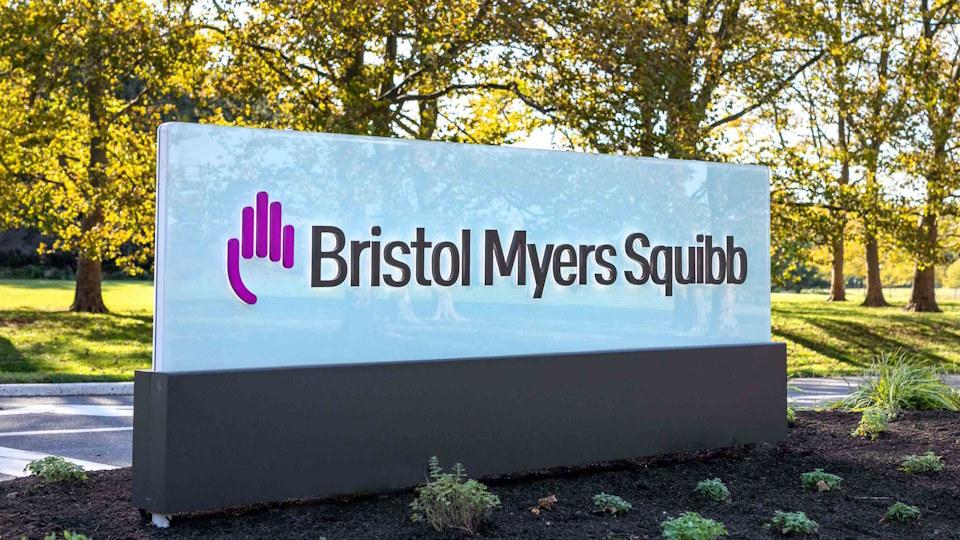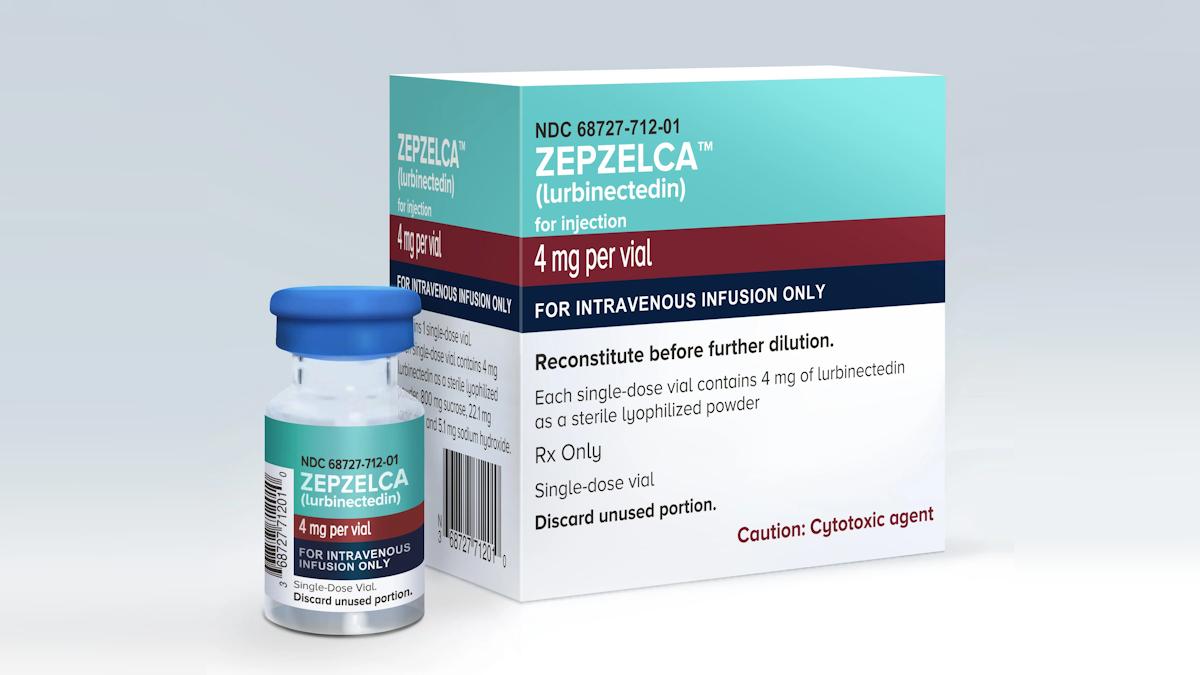BMS gets US approval for ROS1 lung cancer drug Augtyro

Bristol-Myers Squibb has secured FDA approval for Augtyro, a lung cancer therapy it acquired as part of its $4.1 billion takeover of Turning Point Therapeutics last year that it hopes will challenge rival drugs from Roche and Pfizer.
Augtyro (repotrectinib), a tyrosine kinase inhibitor (TKI) targeting ROS1 and NTRK, has been cleared for patients with ROS1-positive non-small-cell lung cancer (NSCLC) on the back of overall response rate (ORR) data from the phase 1/2 TRIDENT-1 study after a priority review by the US regulator.
Importantly, the drug has been given a ‘line-agnostic’ label, meaning it can be used in both treatment-naïve and previously treated patients, which is seen as crucial to unlocking its sales potential.
In ROS1-positive NSCLC patients, the drug achieved a 79% ORR in patients who had never previously been treated with a ROS1-targeting TKI, made up of 6% complete responses and 73% partial responses, with a median duration of response of 34.1 months.
A second cohort of patients who had been treated with one prior ROS1 TKI, such as Roche’s already-approved Rozlytrek (entrectinib) and Pfizer’s Xalkori (crizotinib), and no prior chemotherapy saw an ORR of 38% and with a median duration of 14.8 months.
BMS also looked at patients whose cancer had already spread to the central nervous system (CNS) at enrolment, with responses seen in seven out of eight TKI-naïve patients and five of 12 of those who were TKI-pre-treated.
“New treatment options continue to be needed for patients with ROS1 fusion-positive NSCLC that support important clinical goals, including achieving durable therapeutic responses,” said Jessica Lin of Massachusetts General Hospital and Harvard Medical School, TRIDENT-1’s primary investigator
“Based on the data we have seen in the TRIDENT-1 trial, repotrectinib has the potential to become a new standard of care option for patients with locally advanced or metastatic ROS1 fusion-positive lung cancer,” she added.
Augtyro will be launched onto the US market in mid-December and will become an option for around 1% to 2% of patients with NSCLC, according to BMS. Analysts at SVB Securities have previously suggested it could become a blockbuster if eventually approved across multiple ROS1-positive tumour types.
So far, however, the available drugs to treat ROS1-mutated NSCLC haven’t really gathered much momentum. Rozlytrek was approved by the FDA in 2019, but is still making modest sales at around $70 million in the first nine months of this year, which includes revenue from a second indication in NTRK gene fusion-positive solid tumours.
ALK inhibitor Xalkori, meanwhile, has been approved to treat ROS1-positive NSCLC since 2016 and made $283 million in the same period, split between that indication and ALK-mutated NSCLC and lymphoma.
BMS said Augtyro is a “next-generation” TKI for ROS1 cancers that can reduce the risk of some forms of treatment resistance, a perennial problem with targeted cancer therapies. It is also being teased in NTRK-positive tumours.













